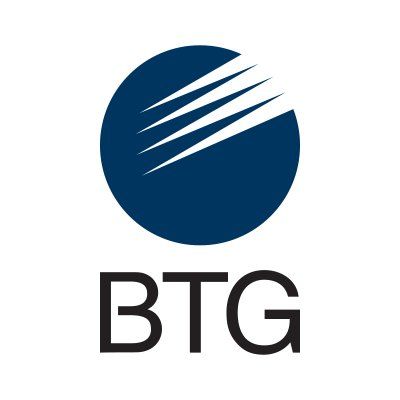Magnetic fluid hyperthermia (MFH) induced by a magnetic field has become a new heating technology for the treatment of malignant tumors due to its ability to heat the tumor tissue precisely and properly, and due to its significant therapeutic effects. In this study, MFH induced by radiofrequency capacitive field (RCF) for the treatment of transplanted subcutaneous tumors in rats, was investigated. A total of 50 rats bearing subcutaneous tumors were randomly divided into five groups, including i) a pseudo-treatment (PT) control group, ii) magnetic fluid (MF) group, iii) pure hyperthermia (PH) group, iv) magnetic fluid hyperthermia 1 (MFH1) group, and v) magnetic fluid hyperthermia 2 (MFH2) group. Tumors were irradiated for 30 min in the MFH1 group 24 h following injection of MF. Tumors were irradiated for 30 min in the MFH2 group 24 h following injection of MF, and irradiation was repeated for 30 min 72 h following injection of MF. Tumor volumes, tumor volume inhibition ratios and survival times in the rat model were examined. Temperatures of tumor cores and rims both rapidly reached the desired temperature (∼50°C) for tumor treatment within 5 to 10 min in the MFH1 and MFH2 groups, and we maintained this temperature level by manually adjusting the output power (70-130 W). Tumor volumes of the MFH1 and MFH2 groups were reduced compared to those of the PT, MF and PH groups. The inhibitory effect on tumor growth in the MFH2 group (91.57%) was higher compared to that in the MFH1 group (85.21%) and the other groups. The survival time of the MFH2 group (51.62±2.28 days) and MFH1 group (43.10±1.57 days) was increased compared to that of the PH, MF and PT groups. The results obtained show that MFH induced by RCF may serve as a potential and promising method for the treatment of tumors.







